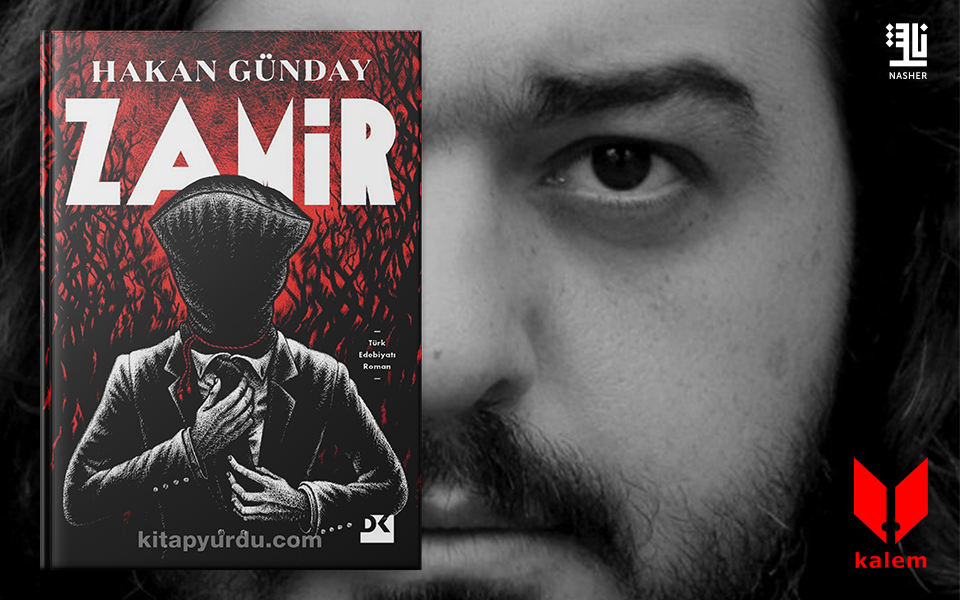Istanbul’s Kalem Agency is expecting intense international interest at next week’s Frankfurt Book Fair in the new novel from Turkish writer Hakan Günday. Entitled Zamir it tells the story of a child refugee of the same name, a boy whose face was disintegrated by a blast in a refugee camp when he was just 6 days old. The agency says: ‘Never understanding why he survived an attack that clearly should’ve killed him, Zamir will first become the campaign face for a corrupt charity as a child and then a professional negotiator whose job is to prevent wars from breaking out.’
Zamir devotes his life to doing whatever it takes to prevent violence. He negotiates with the most dangerous dictators and leaders and tries to convince them to choose peace instead of violence. As someone who is not shy of threatening, bribing and lying to ensure peace, Zamir is a reminder that those who work to establish peace may not be so different from those who choose violence.
The agency continues: ‘Hakan Günday exposes the world as it is; corrupt from head to toe. From historical examples of discriminating NGO policies to a look at the unethical methods charities can choose for raising money, Günday asks urgent questions about refugees, racism, universal human rights, nationalism and religion.’
Günday ’s previous novels have been translated into more than 30 languages and the Kalem Agency believes the new novel will double that amount. Günday won Best Novel of the Year in Turkey in 2011 with The Few and in 2015 he won the Prix Medicis Etranger Award with MORE.
The Kalem Agency continues: ‘The new novel is also an exploration of a world that does not know how to deal with the consequences of wars. Why is it that when an Easterner moves West he is called an immigrant but a Westerner living in the East is always an expat; meaning they have voluntarily left the country they were born and grew up in?’
Turkey has some 3.5m Syrian refugees in the country and the plight of refugees is arguably the issue of our times. The Kalem Agency observes: ‘Zamir reminds the readers the tragic truth that those who starve and feed nations, or the ones that start and end wars are not that different. In the end, everyone is trying to sell something, the only thing that changes is what they are trying to sell.”







